
Principal Investigation – Post Award for RKE – Wednesday, June 5, 2024 – 2:00 PM – 3:00 PM – Talbot Campus
This session is aimed at any researcher who is, who plans to be, a Principal Investigator for an externally funded research or knowledge exchange project.
By the end of the session, attendees will have a strong foundation of what to expect when being responsible for their awarded projects.
Book your place here under ‘Principal Investigation – Post Award for RKE – 05/06/2024’ in the drop-down menu.
Introduction to RED – The Research & Enterprise Database – Thursday, June 6, 2024 – 10:00 AM – 10:30 AM – Online
This session is aimed at all academics to provide an overview of the Research & Enterprise Database, including how to access the system, the information available to view, budget management via RED,
and how to use RED to identify your supporting pre and post award officers.
Book your place here under ‘Introduction to RED – The Research & Enterprise Database – 06/06/2024’ in the drop-down menu.
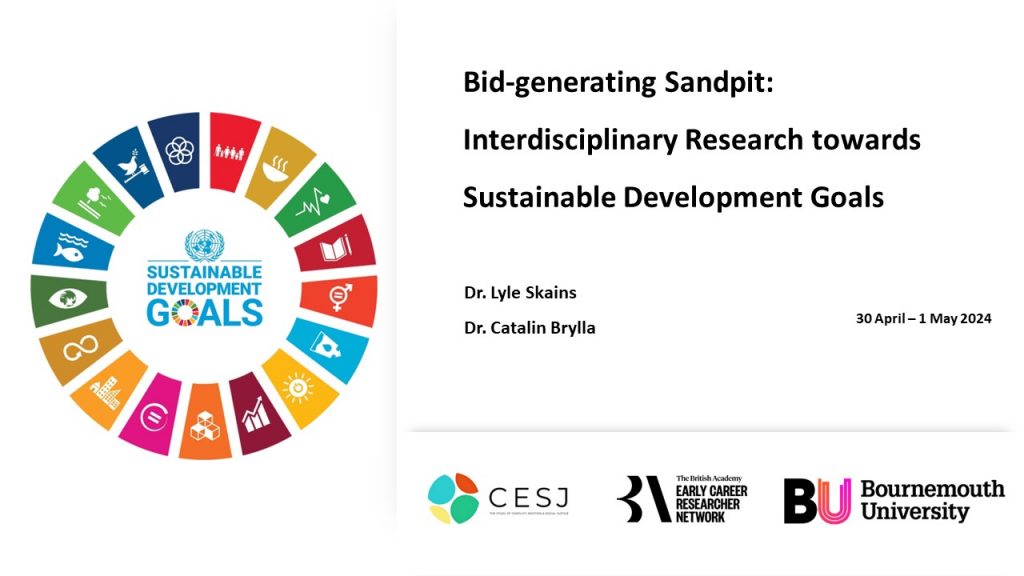
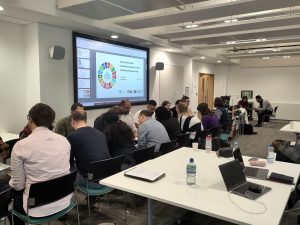
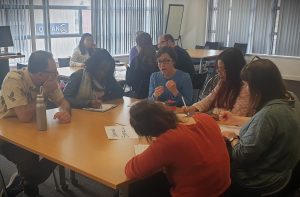



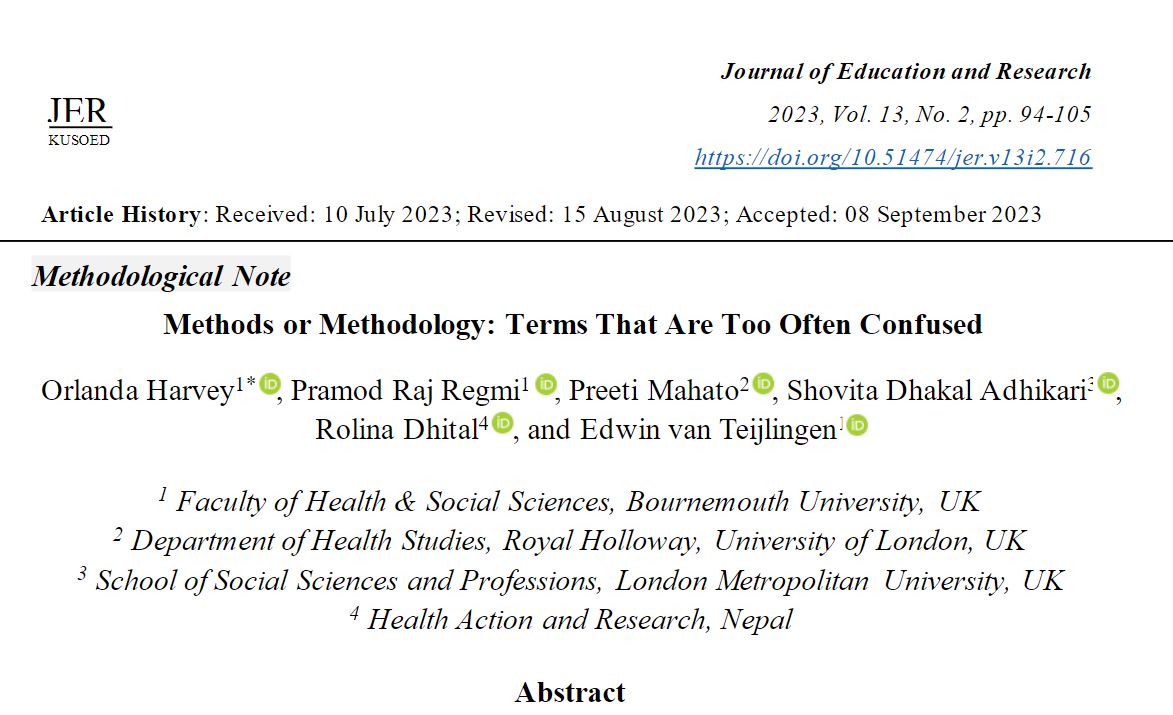

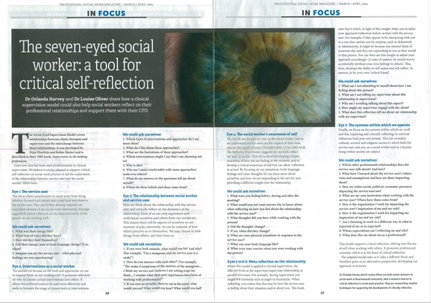
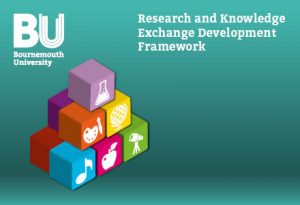 Research Leadership: Leading the Development of a Project for Funding
Research Leadership: Leading the Development of a Project for Funding











 Nursing Research REF Impact in Nepal
Nursing Research REF Impact in Nepal Fourth INRC Symposium: From Clinical Applications to Neuro-Inspired Computation
Fourth INRC Symposium: From Clinical Applications to Neuro-Inspired Computation ESRC Festival of Social Science 2025 – Reflecting back and looking ahead to 2026
ESRC Festival of Social Science 2025 – Reflecting back and looking ahead to 2026 3C Event: Research Culture, Community & Cookies – Tuesday 13 January 10-11am
3C Event: Research Culture, Community & Cookies – Tuesday 13 January 10-11am Dr. Chloe Casey on Sky News
Dr. Chloe Casey on Sky News ECR Funding Open Call: Research Culture & Community Grant – Application Deadline Friday 12 December
ECR Funding Open Call: Research Culture & Community Grant – Application Deadline Friday 12 December MSCA Postdoctoral Fellowships 2025 Call
MSCA Postdoctoral Fellowships 2025 Call ERC Advanced Grant 2025 Webinar
ERC Advanced Grant 2025 Webinar Horizon Europe Work Programme 2025 Published
Horizon Europe Work Programme 2025 Published Update on UKRO services
Update on UKRO services European research project exploring use of ‘virtual twins’ to better manage metabolic associated fatty liver disease
European research project exploring use of ‘virtual twins’ to better manage metabolic associated fatty liver disease